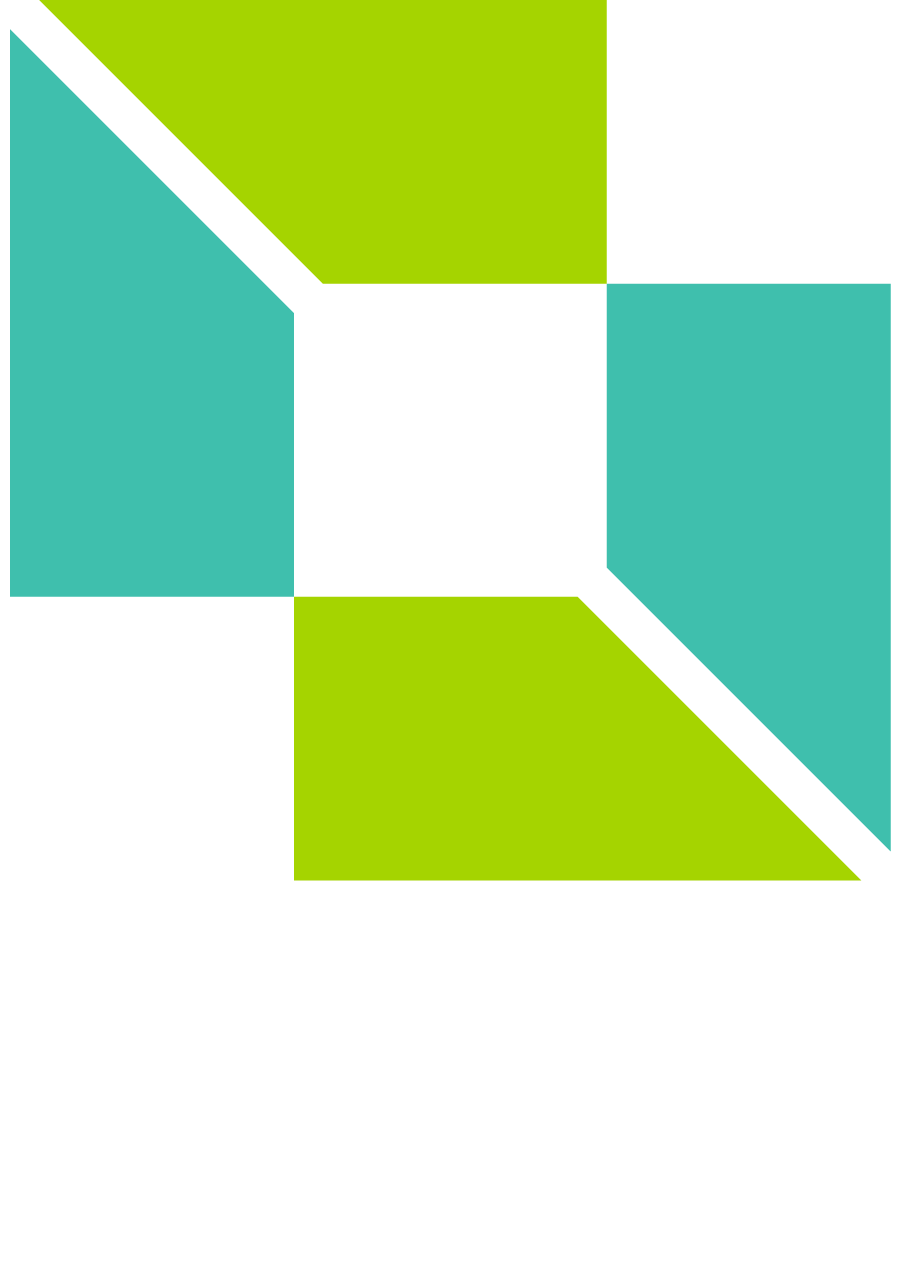Faculty Interview: Dr. Hui
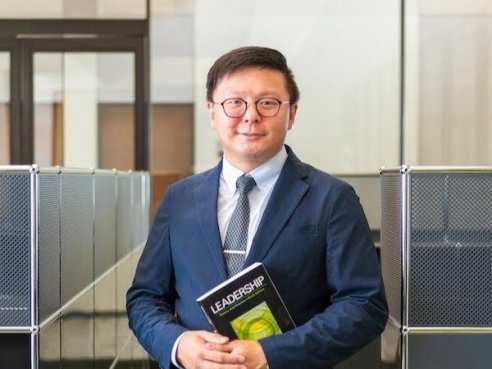
Dr. Hui, City University Hong Kong (Hong Kong)
We are joined today by Dr. Ray Hui, Associate Professor in the area of management at NUCB Business School.
He obtained his Doctor of Philosophy (Organizational Behavior and Management) from City University of Hong Kong. Prior to joining NUCB, Dr. Hui taught in five different universities in Hong Kong and Macau. He has extensive experience in delivering Business Management and Human Resource Management courses at both the undergraduate and postgraduate levels.
His academic interests include leadership, employee coaching, HRM, work motivation, and employee adaptation in organizational contexts. He currently teaches Human Resource Management, Organization and Leadership, and Managerial Development on the Global BBA Program.
What attracted you to NUCB?
Like most people from Hong Kong, I love Japan and its culture, so I came here with my family.
Another important reason is the unique vision of NUCB which emphasizes case methods in teaching and learning. In Hong Kong and Macau, we used to teach with the traditional “lectorials” (Lecture + Tutorial) with more conceptual learning but less application.
I was eager to explore more about this mode of teaching and to see how this method helps students equip true critical and creative thinking skills in facing the dynamic business world in the future. With the high academic autonomy and a supportive environment, I joined NUCB last year.
Can you tell us about your current research topics?
I am interested in topics such as employee coaching, learning and development, leadership, and employee motivation, under the organizational behavior and human resource management areas.
Last year, I received a Grant-in-Aid for Scientific Research (KAKENHI) offered by the Japan Society for the Promotion of Science to support my research project on e-coaching behavior of managers under the New Normal.
This project will compare the managers’ online coaching behavior via the mobile instant messaging application and its impacts on employees’ work outcomes in Japan, China and Hong Kong. I hope the findings of this project will provide practical insights about employee coaching in the highly digitized workplace during COVID-19.
Meanwhile, I am also working on a research project about VR training with two computer science scholars in Hong Kong. We have collected some experimental data in training students’ job interview skills with VR technology. We hope to find out how we can maximize the learning effectiveness of VR training in HRM.
What do you look for in the interview process for prospective GBBA students? Do you have any tips for the students?
As an interviewer, I look for active learners and problem solvers since the case teaching method is a highly student-led learning process that requires active engagement and participation.
Students should have strong self-initiative and learning motivation. Therefore, I would recommend the candidates to prepare examples to show their competence in these aspects.
Furthermore, good communication skills are also an essential quality of Global BBA students. Instead of just “saying something”, we expect the students to communicate their ideas in a clear, logical and convincing manner. Also, active listening is essential for a mature communicator, so listening carefully before answering any questions during the interview is a must.
My final tip is good preparation. To show your interest in our program, I expect all candidates to have good knowledge about our 4-year program, such as the subjects and the case teaching method. It may be a good idea to access the information on our school’s website.
What skills are essential for a student to excel in the Global BBA Program and what do you recommend for students to do to make the most out of their degree?
Throughout the 4-years, we aim to develop future leaders with a frontier spirit. As a Global BBA student, you will get plenty of opportunities to excel in your leadership, creative problem-solving skills and global mindset during the class since you will work with students from different cultural backgrounds. Furthermore, we also hope every GBBA student can act as an open-minded team player with good listening and communication skills shown in the case discussion and in-class activities.
To make the most of campus life, I would recommend taking advantage of the many opportunities available. Outside the classroom, join student societies, school sports teams, and the different forms of competition and exchange opportunities with local and international students. Also, travelling around Japan during the long breaks to explore the unique and beautiful culture would be a rewarding experience. Finally, I would recommend students to learn Japanese, especially for those who want to work in Japan after graduation.
What skills do you think the Global BBA Program helps cultivate for students for life after graduation?
I am proud that our Global BBA Program develops future leaders with a strong sense of business and management and cross-cultural communication skills since they gain exposure to the good practices of over 100 companies in different industries and countries.
Informed problem solving, logical reasoning and researching skills are also the common strengths of our Global BBA students. Therefore, I am confident that our students will be considered unique talents in the eyes of employers around the world.
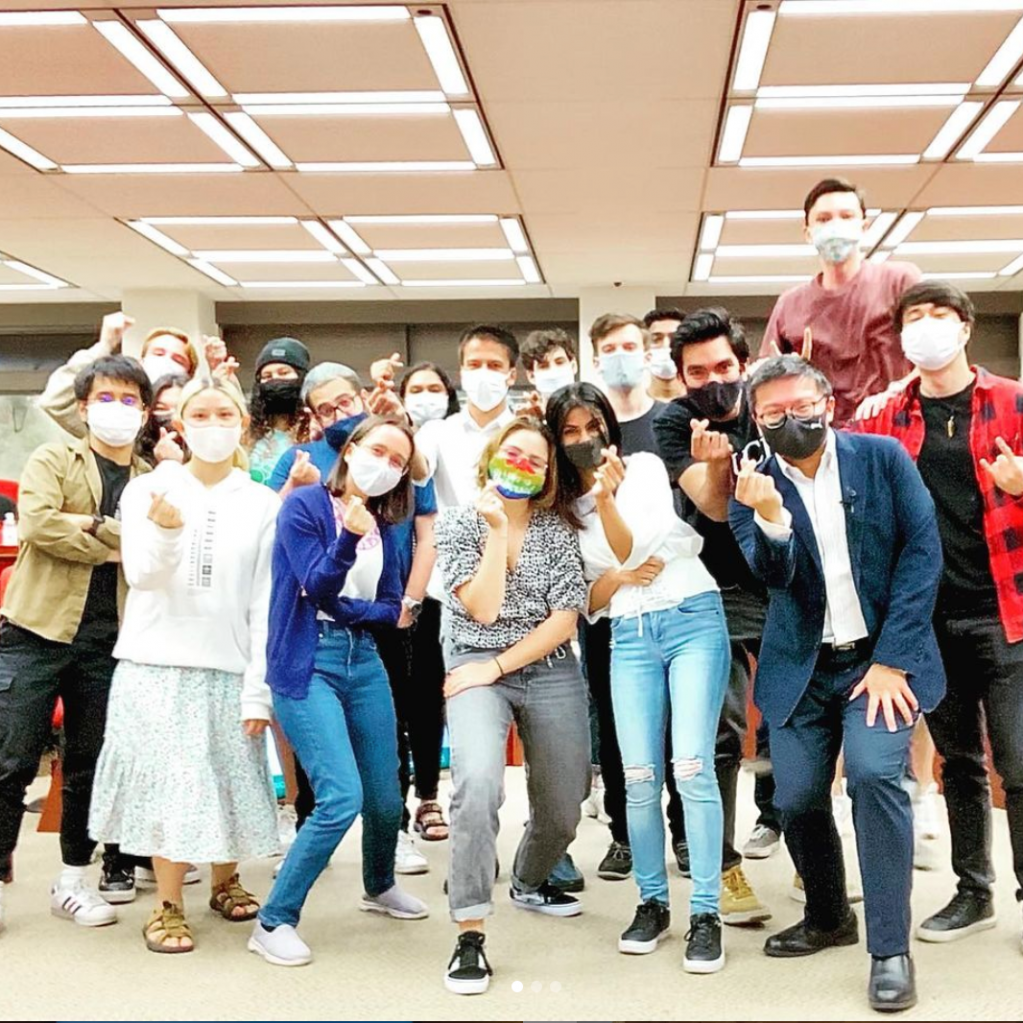
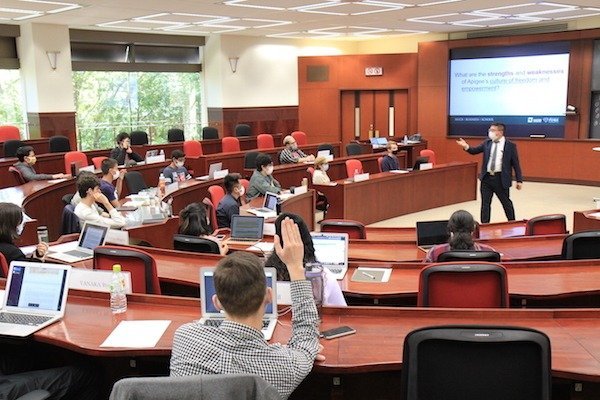
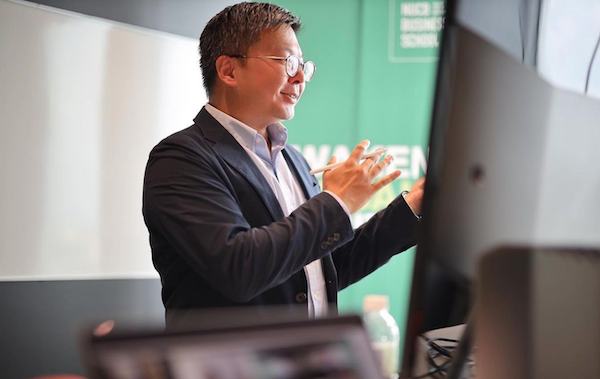

 Download
Download
 Infosession
Infosession
 Application
Application
 Open Campus
Open Campus
